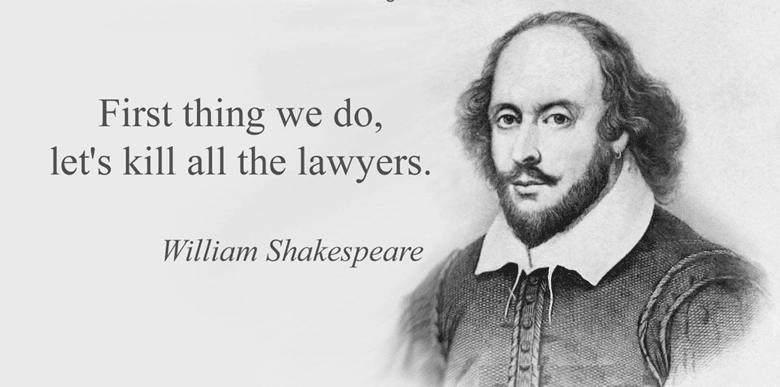By some accounts, we are now in the fourth Industrial Revolution. The first knowledge workers, lawyers and accountants date from the Chalcolithic era (around 4000 BC), when mankind first had the spare capacity to construct large-scale structures like ziggurats and temples.
Payments required to build these structures would have required a lot of labour drawn from large-scale settlements. These efforts would require the work of early thought workers: accountants to keep a tally of payments for goods and services, lawyers to understand and argue the law, and engineers who need to plan the construction of these large-scale structures.
The first Industrial Revolution also saw our tax laws codified so that expenditures on purchasing or constructing machines that automated unskilled workers' labour could be capitalised. This tax law implied that the cost of the machine could be amortised over many years so that the expenditure would match the revenue generated from that machine.
The maintenance cost of that machine was seen as an ordinary expense. During this time, the difference between the cost of maintenance and the initial purchase was so dramatically different that this probably made sense to lawmakers in that it encouraged the building of more and better machines that multiplied the productivity of the average worker and, hence, the economy as a whole. This is the essence of capitalism.
In our current stage of modern production, we mainly produce goods and services of an abstract nature, and the difference arises precisely when it comes to a code base as compared to a factory production line. When tax laws allowing for amortisation were created, it made sense because the primary cost was the initial purchase and installation of the machine.
The machine's running costs were much lower, by comparison, so the tax law made sense in that context.
In comparison, applying the same thinking to creating a digital product is so at odds with the reality of the costs associated with that product that the thinking it borders on is just plainly ridiculous.
Take, for example, the MVP approach popularised by Eric Ries in his book "The Lean Startup." The objective is to write as little code as possible to quickly put a product into the hands of a customer who can use it to create value.
But, fundamentally, the process doesn't end there. It continues through multiple stages of maturation over time as the product is added to, extended on, and evolved as the customer's needs and the movement in the competitive market dictate. This cost vastly outweighs that of the initial product development.
The concept of maintenance, as it applies to digital products where teams fix bugs and pay back technical debt, is hopefully minimal if you've followed the correct engineering practices in the first place.
Separating the build from the run process no longer makes sense. It is a fundamental underlying philosophy in teams practising a DevSecOps approach to "IYBIYRT" or "If you build it, you run it."
So, the idea of separating CapEx from OpEx does not apply to digital product development.
This thinking was sparked by my opportunity to learn about Kanban, Pull systems, and W. Edwards Deming directly from David J. Anderson, the source of the Kanban method as applied to knowledge work. An aside he made during the intensive period I spent with him has stuck with me all these years.
To paraphrase, the problem with modern organisational structure and strategy is that they're mainly in the hands of accountants.
Between the tax laws that don't apply to modern product development and the emphasis on short-term profits, mainly used in the split between CapEx and Opex, they are no longer qualified to run the business.
This is why I think Shakespeare's words in Henry VI, Part 2, Act IV, Scene 2, where the villain "Dick the Butcher" calls for the death of lawyers, may have been an excellent first step, but getting rid of the accountants should be our next act.
The digital age we live in, particularly as we enter the age of The AI, has drawn attention to several shortcomings in our law that don't apply or create unwanted side effects as technology has developed. Section 230 is an example of a hasty response to a developing problem with the older laws as they apply to publishers. Our legacy of laws is rapidly becoming inappropriate as applied to our modern digital reality.
We need a fundamental change not only in law but also in a deep analysis of the proper role of the modern CEO and the C-Suite as a whole. Steve Jobs, for all his many flaws, has created one of the most successful companies of all time. He started his career as a maker and hacker and finally as a product visionary, leading Apple to its success.
Perhaps we need more product designers and thinkers and fewer bean counters and syntactical analysis of nonsensical minuscule variations in interpretation like "''It depends on what the meaning of the word 'is' is"

